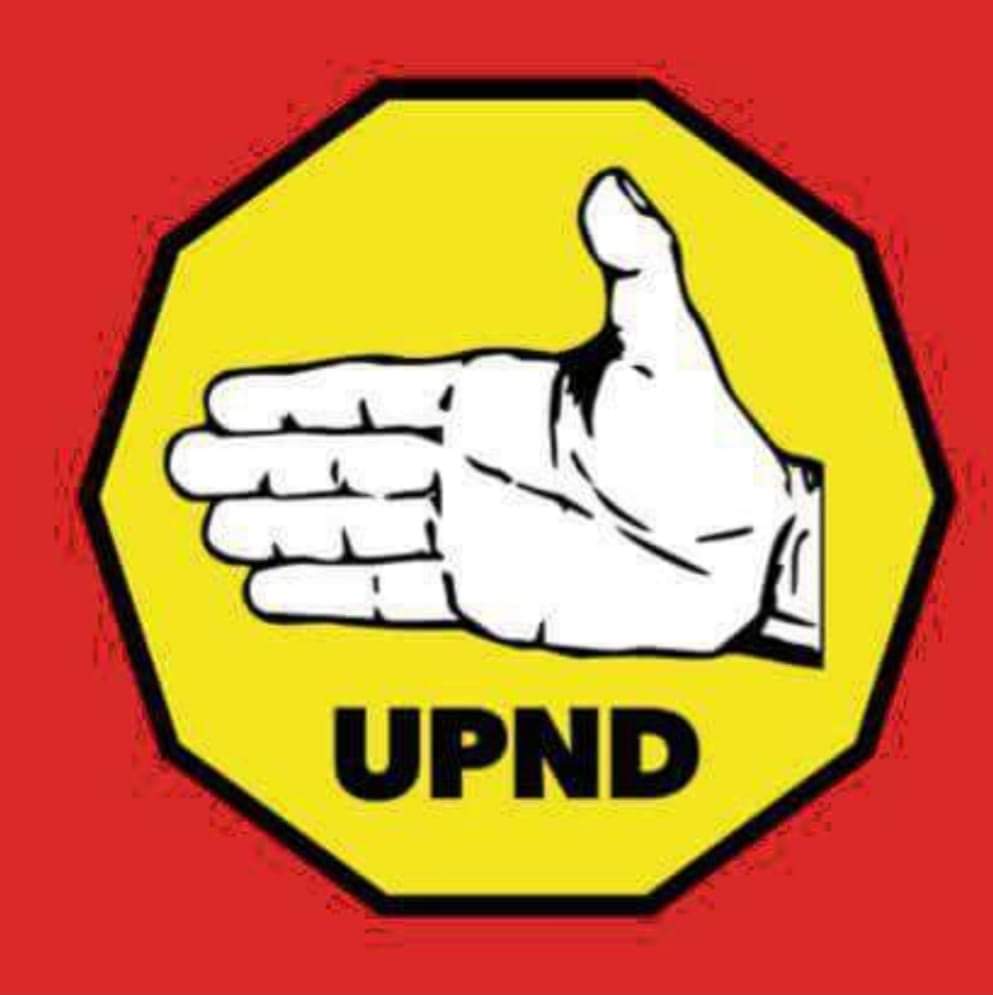In the world of politics, few wounds are as deep as betrayal. For the United Party for National Development (UPND), this betrayal is being felt acutely by its most loyal supporters—men and women who dedicated over 20 years of their lives, sacrificing time, resources, and livelihoods to bring the party into power. Yet, three years into the UPND government, these very individuals are left feeling abandoned and disillusioned, their hopes of financial stability and recognition shattered.
The sense of betrayal is palpable across Zambia. Once enthusiastic UPND members are now openly lamenting how their sacrifices have gone unrecognized, and how the party they helped into power has left them behind. The loyal supporters who invested so much in the promise of change find themselves not just without material rewards but stripped of the dignity and respect they hoped their loyalty would earn.
The emotional toll has been severe. In households and communities, these loyalists are ridiculed and mocked. They endure the scorn of family members and neighbors who view them as fools for backing a party that has done little to reward their support. Many of these men and women, who once held their heads high, now suffer the indignity of being the laughing stock of their communities.
This abandonment is not just an emotional wound—it’s a political one. Those who continue to defend the UPND, even as it becomes harder and harder to do so, press on with fragile optimism. They hold on to the hope that the leadership will finally listen and respond to their needs, but that hope is quickly fading.
What is perhaps most perplexing is the fact that the UPND, despite having all the political power at its disposal, has failed to create a legal, sustainable mechanism for rewarding its loyal supporters. The party has failed to distribute land and empower its base within the law, despite having the authority and the resources to do so. This glaring absence of will and action is baffling, especially when compared to the previous government’s mastery of mobilizing resources and providing opportunities for its loyalists.
Where the Patriotic Front (PF) once cultivated loyalty through tangible rewards and opportunities, the UPND has left its supporters to fend for themselves. A closer look reveals a grim picture: many UPND councilors, once enthusiastic about leading by example, have become disillusioned with their roles. They are no longer engaging in local projects or community work, citing the lack of tangible support and recognition from the party. “It’s not worth it,” they say, and this sentiment has spread throughout the country.
The UPND, despite having decades of preparation, failed to anticipate or address the demands of its support base. Unlike the PF, which adeptly nurtured loyalty by rewarding those who stood by it, the UPND seems paralyzed, unable or unwilling to develop a system to support its base without overburdening the national treasury.
For those who sacrificed everything for the party’s victory—losing jobs, businesses, and even family stability—the sting of betrayal is particularly sharp. Many of these loyalists now watch from the sidelines as a privileged few prosper, while they continue to struggle in poverty. The comparisons to the PF era are stark: whatever the faults of the previous government, it at least looked after its own. The UPND, by contrast, has done little to nothing for its loyalists, leaving them to feel betrayed and forgotten.
This abandonment will not go unanswered. Disillusioned supporters, who feel ignored and mistreated, will not quietly accept their fate. They stand ready to teach the UPND a lesson come 2026. Whether through protest votes, defections, or apathy, these once-loyal soldiers are prepared to show the party that loyalty must be earned, not taken for granted.
The UPND’s time is running out. To survive, it must urgently recognize the depth of its failure and take immediate steps to redeem itself in the eyes of its supporters. This is not about corruption, bribery, or handouts—it’s about empowering the base in meaningful, sustainable ways. If the party fails to act, it will face a political disaster in 2026, finding itself on the wrong side of history and the wrong side of the ballot box.






